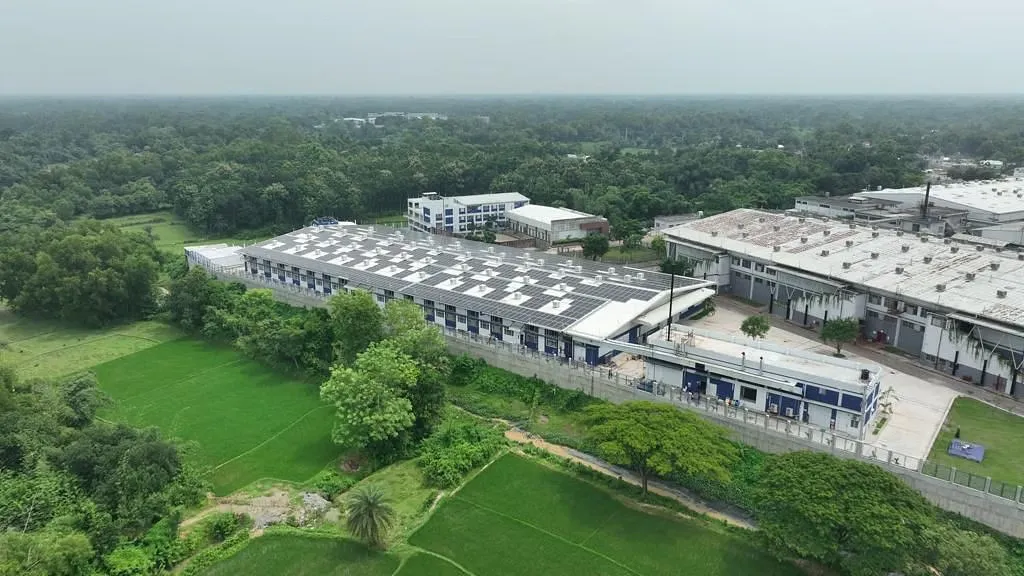Key Advantages
- Cost Efficiency: One of the lowest labor costs in the world.
- Skilled Workforce: Millions of trained workers in garment production.
- Production Capacity: Ability to handle massive orders for fast fashion.
- Quality Assurance: Many factories are certified with international standards.
Numerical Snapshot
- Bangladesh has over 4,000 garment factories.
- The industry employs 4.5 million workers.
- Clothing exports make up over 80% of national exports.


